How to get better sleep: expert advice and best apps
Celebrate World Sleep Day with tips on how to catch those all important Zs
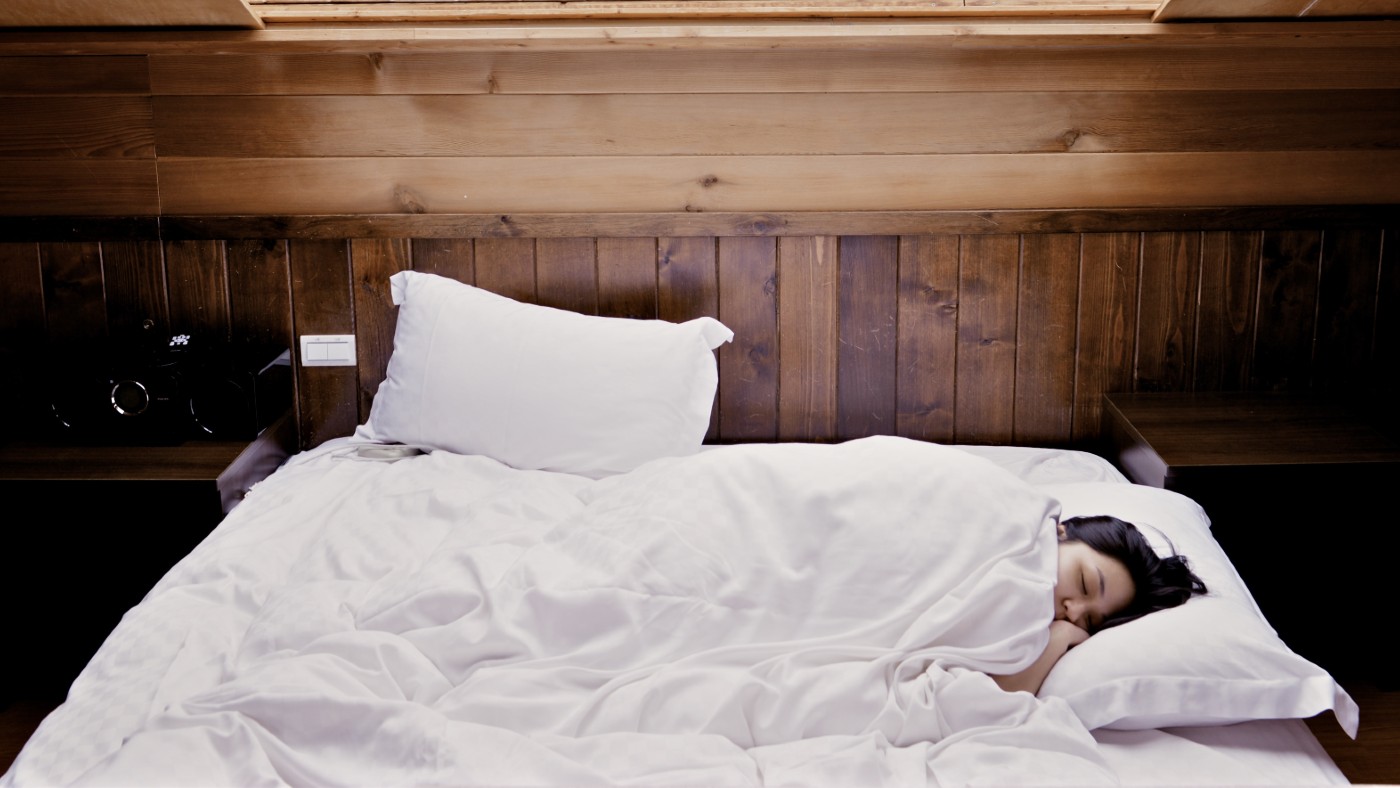
A free daily email with the biggest news stories of the day – and the best features from TheWeek.com
You are now subscribed
Your newsletter sign-up was successful
Sleep, or rather a lack of it, has been a big talking point during lockdown. In fact, sleep wellness is now a lucrative market within the ever growing holistic health industry bolstered by the proliferation of sleep promoting products, from meditative apps and specialised beauty items to online workshops and luxury sleepwear, including a new “sleep bra” by Marks & Spencer which sold out instantly when it launched in January.
It’s no wonder that this business has taken off given how many of us have struggled to relax and follow a normal routine since the start of the pandemic. A survey conducted by Sleepstation, The Sleep Council and The Sleep Charity revealed that 43% of people were finding it difficult to fall asleep, with a further 77% saying that disturbed sleep had upset their ability to function the next day.
“A good night’s rest has a significant impact on our mood and mental wellbeing, so it’s really important to be sleeping well,” says Lisa Artis, deputy CEO of The Sleep Charity. “Our immune systems become suppressed when we are sleep deprived, and we all need to feel at the top of our game to deal with all the added pressures of isolation, being housebound and worrying about family and finances.”
The Week
Escape your echo chamber. Get the facts behind the news, plus analysis from multiple perspectives.

Sign up for The Week's Free Newsletters
From our morning news briefing to a weekly Good News Newsletter, get the best of The Week delivered directly to your inbox.
From our morning news briefing to a weekly Good News Newsletter, get the best of The Week delivered directly to your inbox.
Staying active, getting enough sunlight, avoiding late night tipples and turning off digital devices at least two hours before bedtime are Artis’s top tips. She also says that you should avoid caffeine eight hours before bed, even if you are used to your late afternoon espresso.
Easier said than done, you may say, but with World Sleep Day coming up on 19 March, we could all do with a little help. Here we take a closer look at what the experts say and present our selection of top sleep aids, from pyjamas to podcasts.
What the experts say
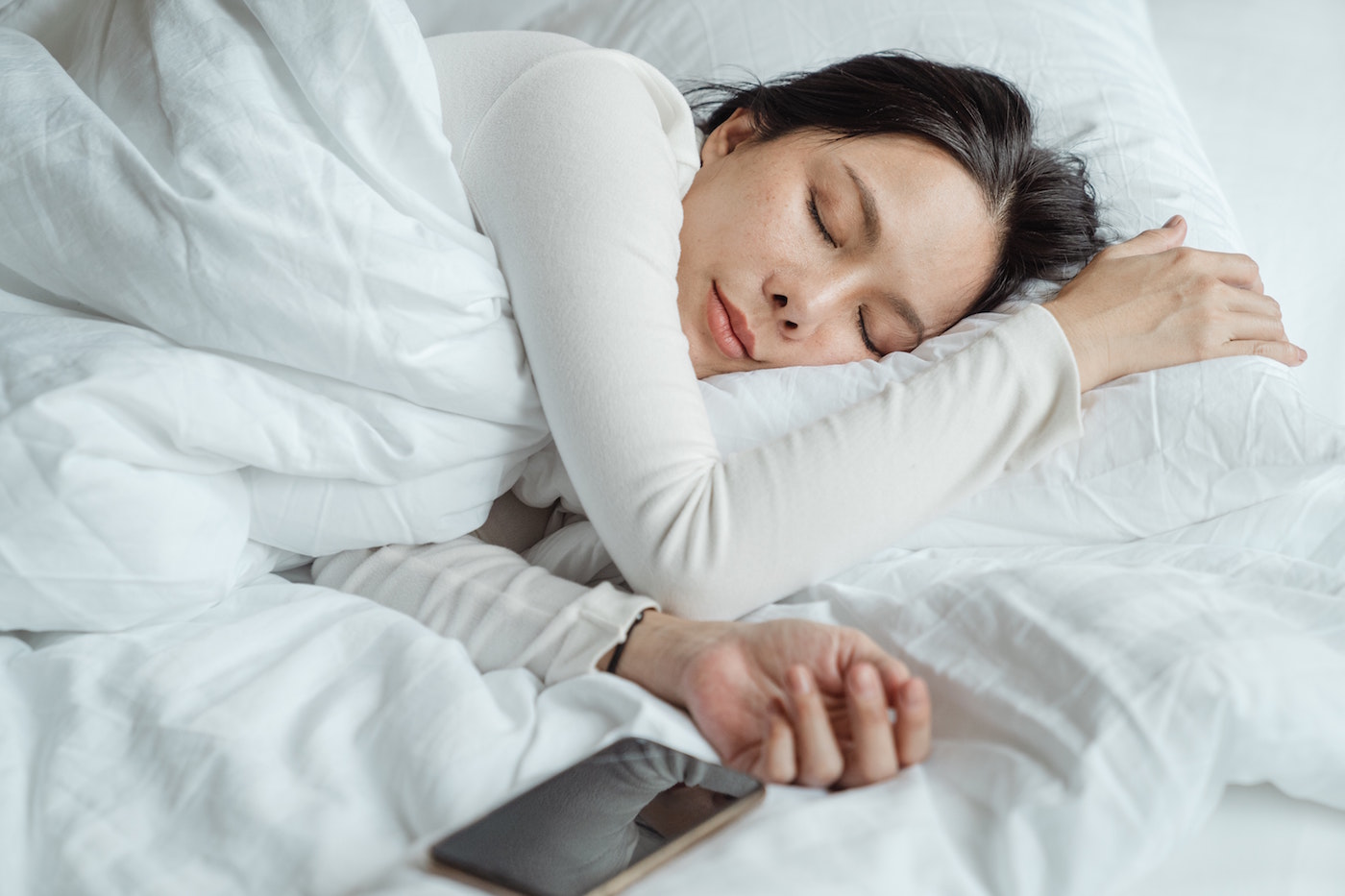
Simple steps
Katie Brindle, founder of natural health and skincare brand Hayo’u, says sleep is a diagnostic topic fundamental to Chinese medicine. “Anxiety and stress have a hugely detrimental effect on the way our natural defence energy or Wei Qi [pronounced Wei-Chi] flows around in our body,” she says. “We are rushed off our feet, always more yin than yang. This means more pressure on our organs, which diminishes the restorative power of our blood. To be healthy, we need to free ourselves of toxicity. One simple thing to do is to breathe deeply - but you must surround yourself with better quality air helped along by well aerated rooms and house plants. I recommend money plants, chrysanthemums, snake plants and bamboo palms.
A free daily email with the biggest news stories of the day – and the best features from TheWeek.com
“You can extend a simple breathing technique into a gentle meditation to relax the body during the course of the day, it only takes five minutes. Once you relax the body in the day, you’re more likely to regain that balance and sleep at night. Tap your body during the day too, along the arms, legs, torso and back. This allows your Wei Qi to flow around your system.
“In the evening, place your feet in a warm bowl and massage your feet and ankles. Six meridians - serving the liver, gallbladder, kidney, spleen and stomach - reach the feet, each of which has more than 60 acupuncture points, so massage helps to unblock energy channels in the body. Try to eat four hours before you go to sleep – having supper too late means your digestive system will be over-active at the wrong time.”
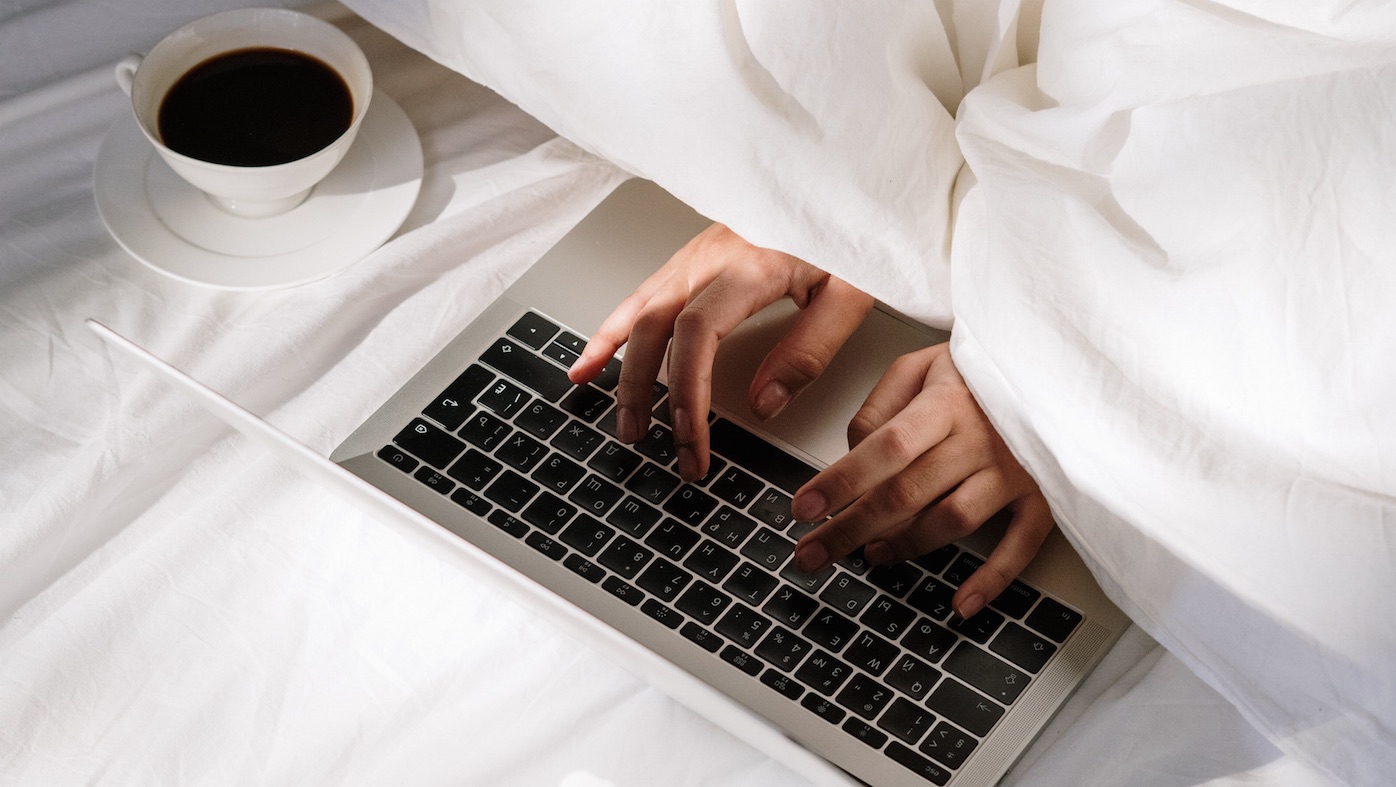
Recognising your sleep type
Clinical psychologist Dr Michael J. Breus - aka “The Sleep Doctor” - has a website dedicated to sleep and regularly gives lectures on the subject. His TED talk is well worth a watch – in it he maintains that a person’s sleep is determined by their chronotype, which refers to the way we are programmed to sleep according to our own internal body clock.
According to Breus, there aren’t just larks and night owls, but four very distinct categories of sleepers, all following individual rhythms of activity and rest. He has some interesting advice on how to determine which category you fall into and how to best exercise and eat according to your biological make-up. Even if you don’t think it’s as cut and dry as he says, it’s interesting to think that a “good” bedtime may vary from person to person, although there is strong scientific evidence to suggest that sleeping past midnight is disruptive to the body’s natural circadian rhythms.
Brain power
Dr Guy Leschziner is a consultant neurologist at Guy’s and St Thomas’s Hospital in London and the author of The Nocturnal Brain, a best-selling book about what really goes on in our heads at night. He says that in deep sleep - non rapid eye movement (REM) - our neurological activity slows down, as channels in the brain drain fluid to remove toxins, allowing us to retain memories. He maintains that the concept of having to sleep seven or eight hours is misleading because our internal body clock is defined by genetics. In his eyes, getting enough sleep is about being able to doze off easily in the evening and feeling sufficiently refreshed the next day – for some people, this can be achieved with just five hours of sleep. The internal body clock can, however, be influenced by external factors, especially bright light, rigorous activity, irregular eating times and mental exertion. It also shifts according to age, hence why teenagers find it hard to get out of bed as their body clocks shift back.
His top three tips for a better night’s sleep? Firstly, it’s important to value sleep as something that enhances every aspect of our lives, as we often see it as a chore or a distraction. His second recommendation is to avoid sleep trackers as they encourage an unhealthy obsession with sleep, conversely making it harder to drop off. Lastly, just be sensible ahead of bedtime: don’t look at bright lights like your mobile phone, no caffeine after lunchtime and remember that although that half bottle of Merlot may knock you out, alcohol greatly reduces the quality of your sleep. Listen to his podcast with Anna Richardson where he discusses everything from sleep apnea to snoring.
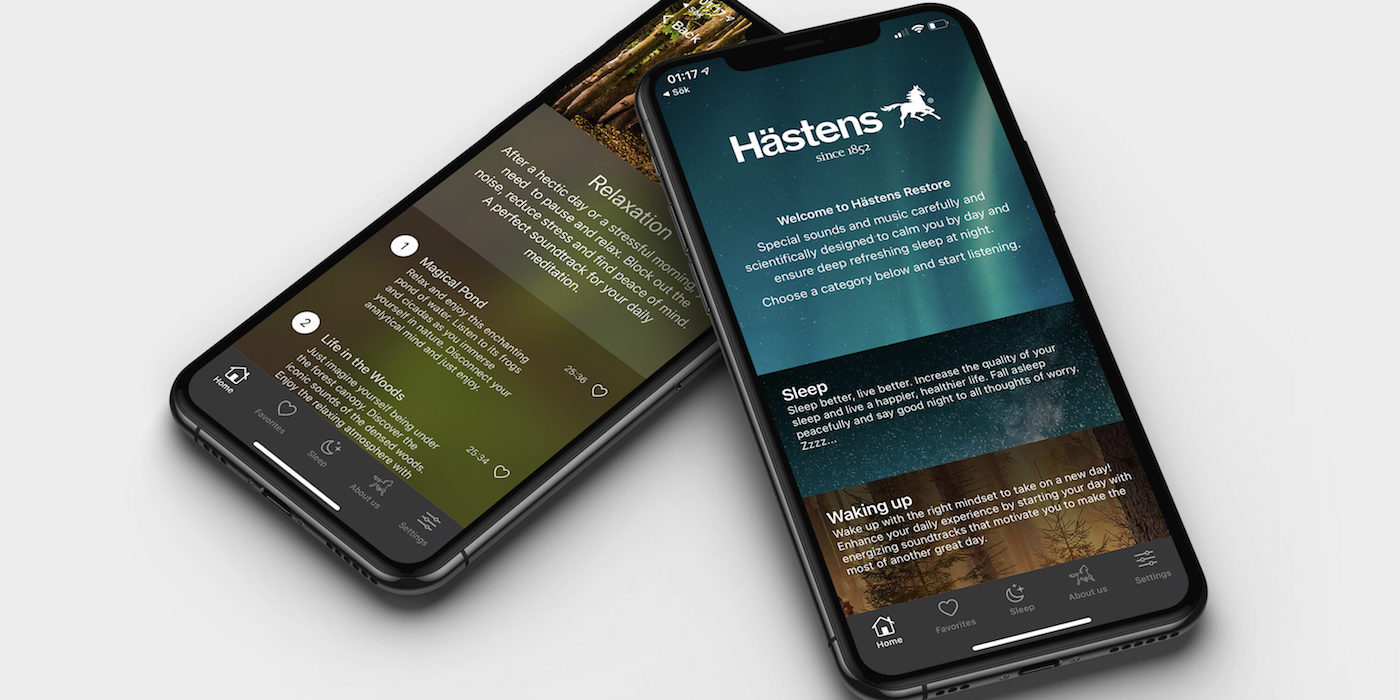
Sleep apps
Breus, The Sleep Doctor, also works with bed manufacturer Hästens to spread his message of bedtime wellness. Don’t let the marketing association put you off: Hästens has invested big bucks into the science of sleep which we can all benefit from, even if you can’t afford one of its plush Swedish hand-made mattresses which cost upward of £10,000. Available for free is the brilliant Hästens Restore app which features a generous choice of audios – that’s music and vibrations – scientifically designed to calm and relax when you need to sleep or recharge.
The much-talked about meditation tool Calm needs little introduction - it’s one of the most downloaded apps in the UK (with more than 55 million global downloads) and features “sleep time” stories narrated by the likes of Matthew McConaughey and Harry Styles. The actor and poet Edoardo Ballerini has recently joined the Calm family, narrating a story called The Glass Maker of Murano penned by travel writer Candace Rose Rardon. Ballerini, who is known for his rich dulcet tones, was recently named one of the most important narrators in the audiobook world by The New York Times – so this enchanting story is guaranteed to help you relax.
Online tool Sleepio offers a six-week programme to beat insomnia developed in association with Big Health, an organisation which works closely with the NHS as well as Public Health England. The app enables users to break bad sleeping habits based on cognitive-behavioral therapy (CBT), and it’s all very easy to follow too: you are guided by an animated professor and his narcoleptic dog (yes, really) who provide constructive and practical advice based on your personal sleep patterns that you must record on the Sleepio platform. Every day, you are set achievable goals that enable you to completely reset your bedtime routine. This app has had fantastic reviews and results: a study carried out by the NHS involving 7,000 people with insomnia found the app to be 56% efficient, an impressively high stat for a digital service, especially when you consider how many people with this condition are forced to seek face-to-face therapy to beat this problem or resort to sleeping pills.
Meditation and lifestyle app Breethe has recently launched a number of anxiety busting meditation and sleep programmes specifically tailored to our lives in lockdown, including hypnotherapy aimed at combating feelings of isolation. On the sleep menu, you have “bedtime visualisations”, soporific talks which help you to move your thoughts towards new positive goals, from bigger work targets to better body confidence. There are also “whispered stories” for those who want to explore the relaxing effects of autonomous sensory meridian response (ASMR).
In fact, if you’re already a fan of ASMR, try the Tingles app which also includes a sleep timer. Be warned though, some videos may make you giggle – one featuring a purring actress stirring sticky honey in a pot was particularly amusing.
Sleepwear and natural sleep aids
We all know that feeling cosy in bed helps us to drop off peacefully. It has to do with building a safe environment and creating positive associations with the ritual of winding down after a long day. Pyjamas and comfortable sleepwear can help, as proven by the aforementioned best-selling sleep bra released by M&S earlier this year. Developed with the help of Loughborough University, the bra – which has a sporty shape – is incredibly soft to the touch and lightweight, providing gentle support throughout the night for women who need that sense of security.
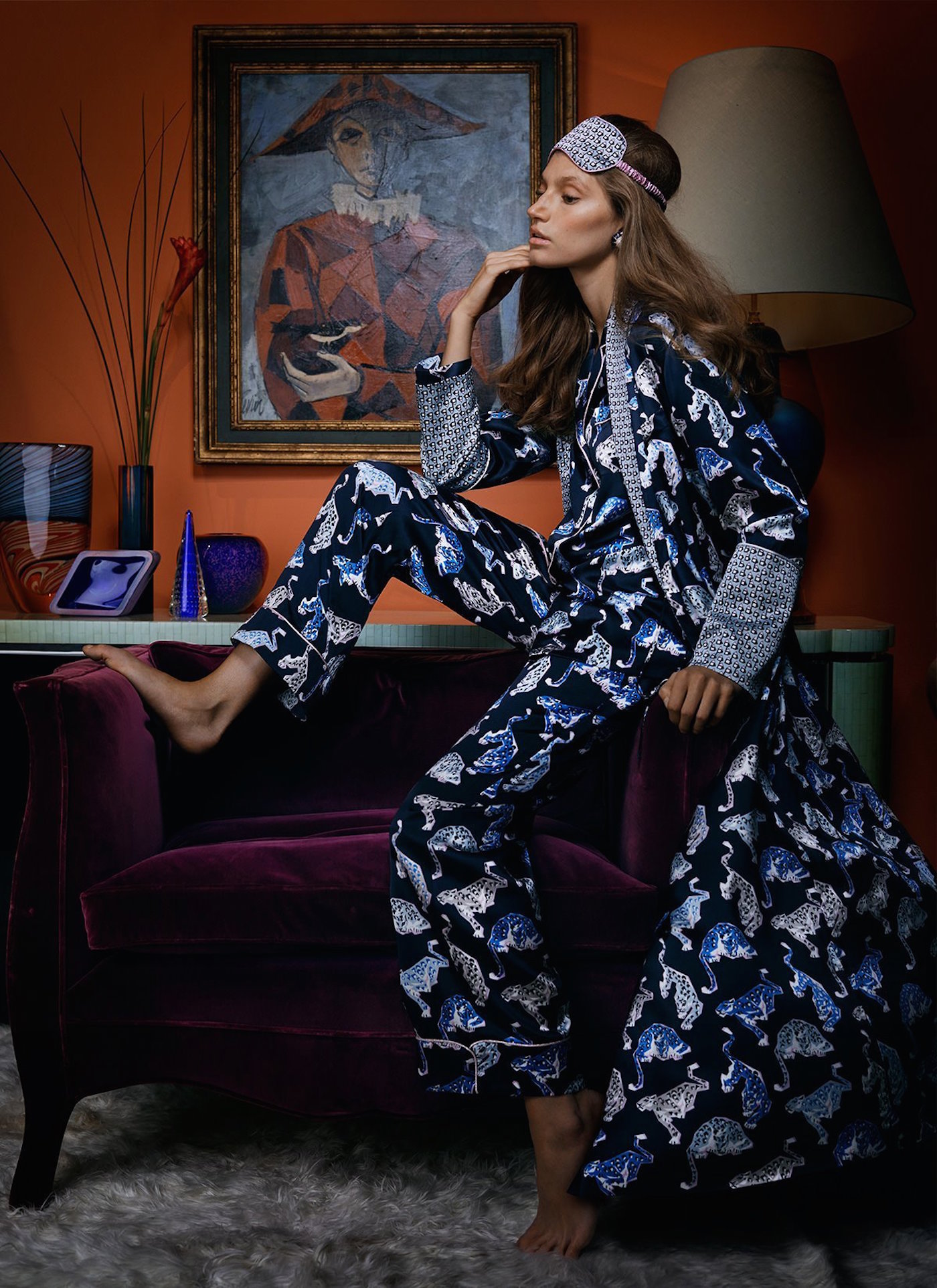
Olivia Von Halle is someone who knows a thing or two about comfort wear: the designer specialises in beautiful sleepwear with lively prints worn by the likes of Rita Ora and Winnie Harlow, and is regularly seen in the pages of British Vogue and Harper’s Bazaar. “My special eye mask, spun from smooth pure silk, is my must-have evening accessory. Its oversized silhouette fits comfortably on the face and is designed to shield all light. I literally can’t sleep without it,” the designer says.
And what about that sleep-inducing beauty regime? With a recent surge in beauty oils and pillow sprays promising quality shut eye, it’s hard to know what to choose. We say plump for the pioneers, namely British beauty brand Anatomē, which was well ahead of the curve when it launched a special “sleep bar” in 2019 dispensing bespoke oils to suit personal sleep challenges from a special London pop-up. Today the brand’s natural sleep solutions are wide and varied. For example, its Recovery + Sleep Essential Oil Blend has been especially developed for overactive minds and includes 22 essential oils such as rare Somali Frankincense which helps to declutter the mind.
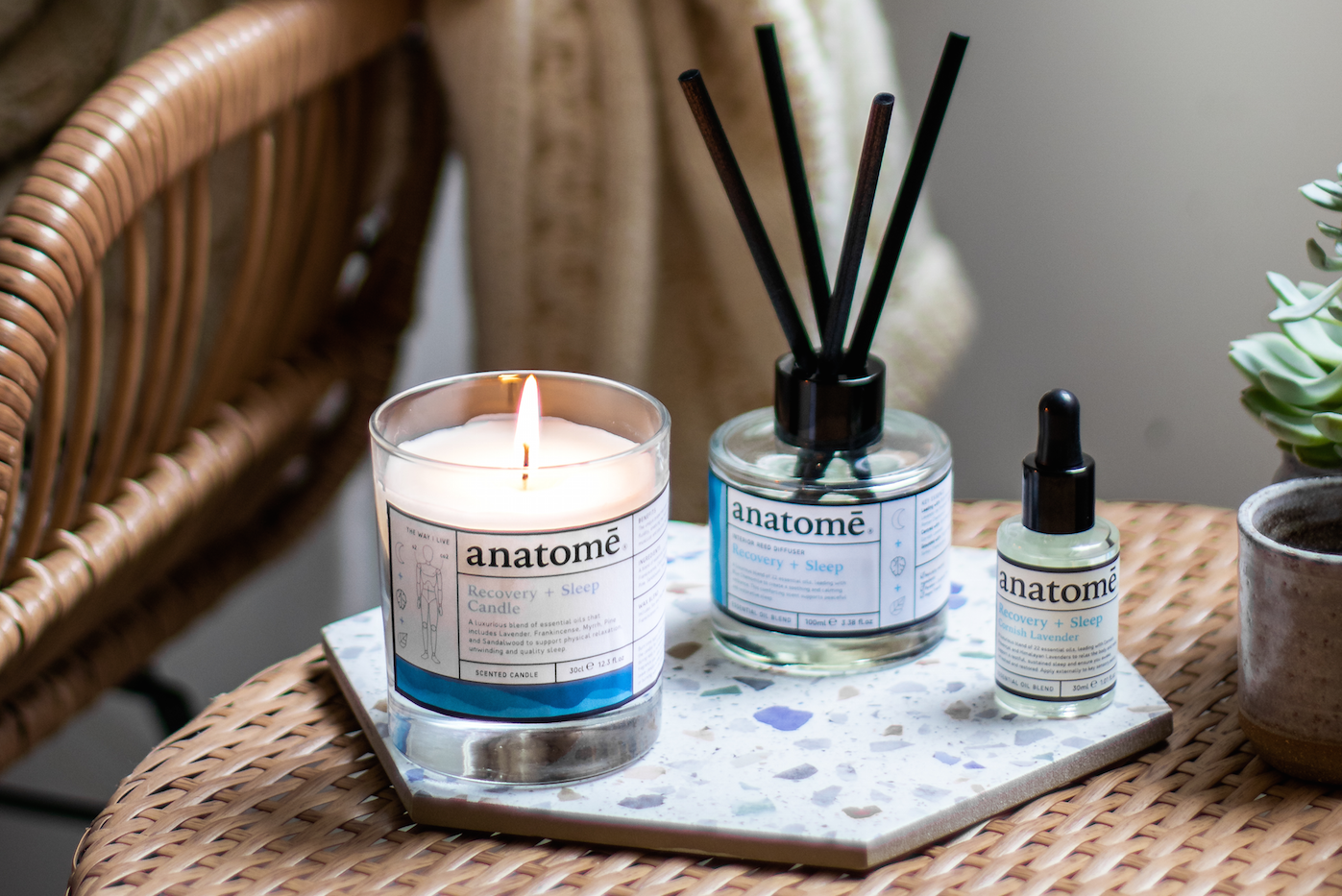
“If you wake up or you’re suffering from insomnia, a good routine to get into is to reapply your sleep oil or pillow spray, and to re-engage and focus on the simple act of breathing,” says Anatomé founder Brendan Murdock. “Taking a moment to lift your hands to your face, and filling your head and chest with a little bit more oxygen, is another form of telling your body that you need to go back to sleep.” Murdock also advocates a clear nighttime structure, just as you have one during the day. This routine should include less screen time and more bathroom pampering.
Anatomé’s Relax + Sleep Bath Salts treat aching muscles with frankincense, peppermint and lavender while the best-selling Rest, Relax + Sleep Loose Tea blends tea leaves “grown up to 25,000ft above sea level from the Nile River Delta in Egypt, Cederberg in South Africa, Ludogorie in Bulgaria, the Black Forest in Germany and Bua Yai in Vietnam”. Just imagining this fragrant journey through the continents should encourage much sweeter dreams.
Alexandra Zagalsky is a London-based journalist specialising in luxury, art and travel. She began her career working on a cultural guide for English-speaking expats in Paris, where her first major break was an interview with Lionel Poilâne, the late baker of Saint-Germain-des-Prés famed for his signature sourdough loaves. Returning to London in her early 20s, she went on to write for not only The Week but also The Art Newspaper’s Art of Luxury supplement, The Telegraph and The Times, as well as art and design platforms including 1stDibs’ Introspective Magazine and the magazines of the V&A, Sotheby’s and Christie’s. She studied fine art and art history at Goldsmiths, University of London and continues to explore travel journalism through the lens of art, craftsmanship and culture.
-
 Political cartoons for February 16
Political cartoons for February 16Cartoons Monday’s political cartoons include President's Day, a valentine from the Epstein files, and more
-
 Regent Hong Kong: a tranquil haven with a prime waterfront spot
Regent Hong Kong: a tranquil haven with a prime waterfront spotThe Week Recommends The trendy hotel recently underwent an extensive two-year revamp
-
 The problem with diagnosing profound autism
The problem with diagnosing profound autismThe Explainer Experts are reconsidering the idea of autism as a spectrum, which could impact diagnoses and policy making for the condition
-
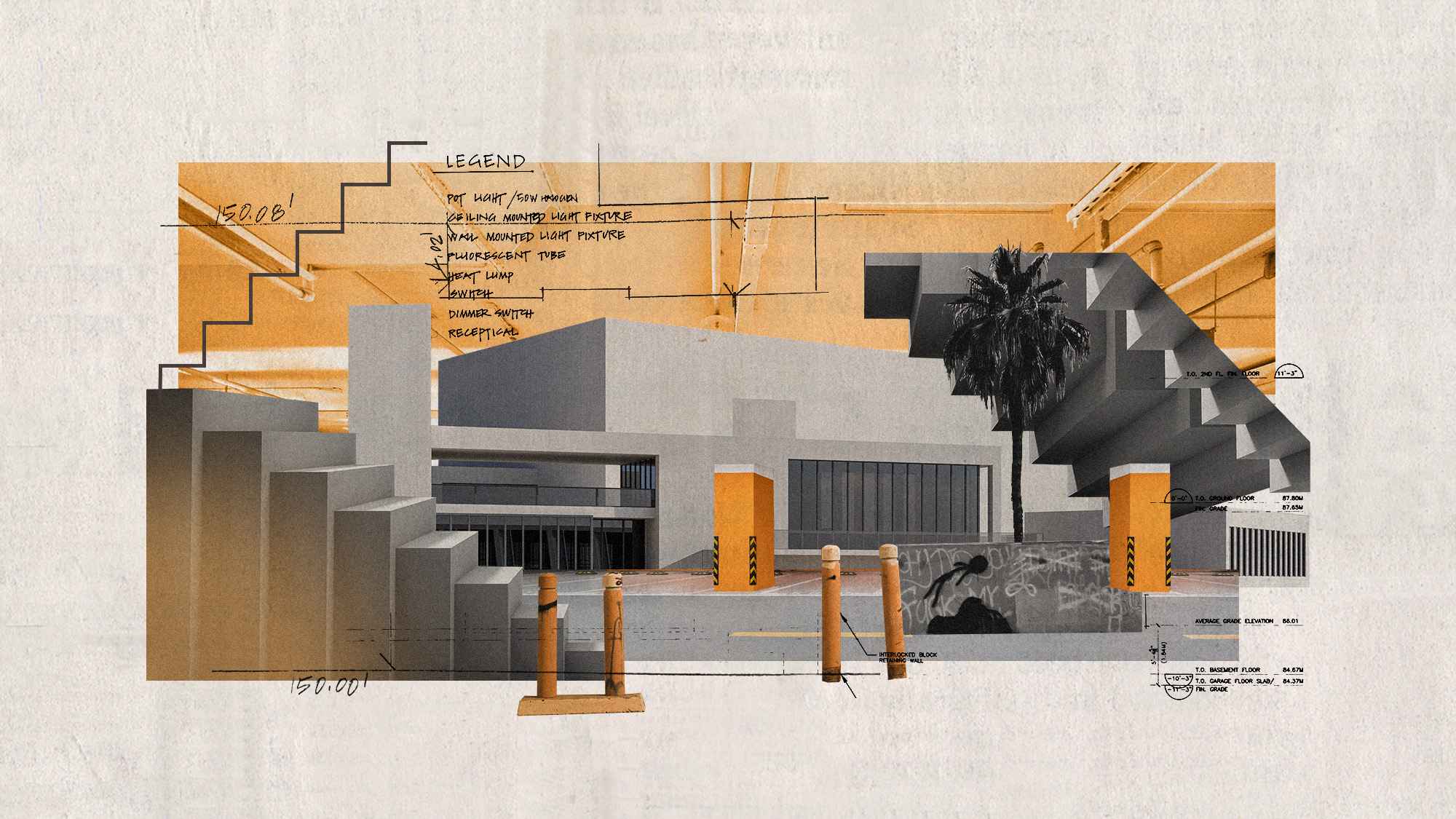 Mall World: why are people dreaming about a shopping centre?
Mall World: why are people dreaming about a shopping centre?Under The Radar Thousands of strangers are dreaming about the same thing and no one sure why
-
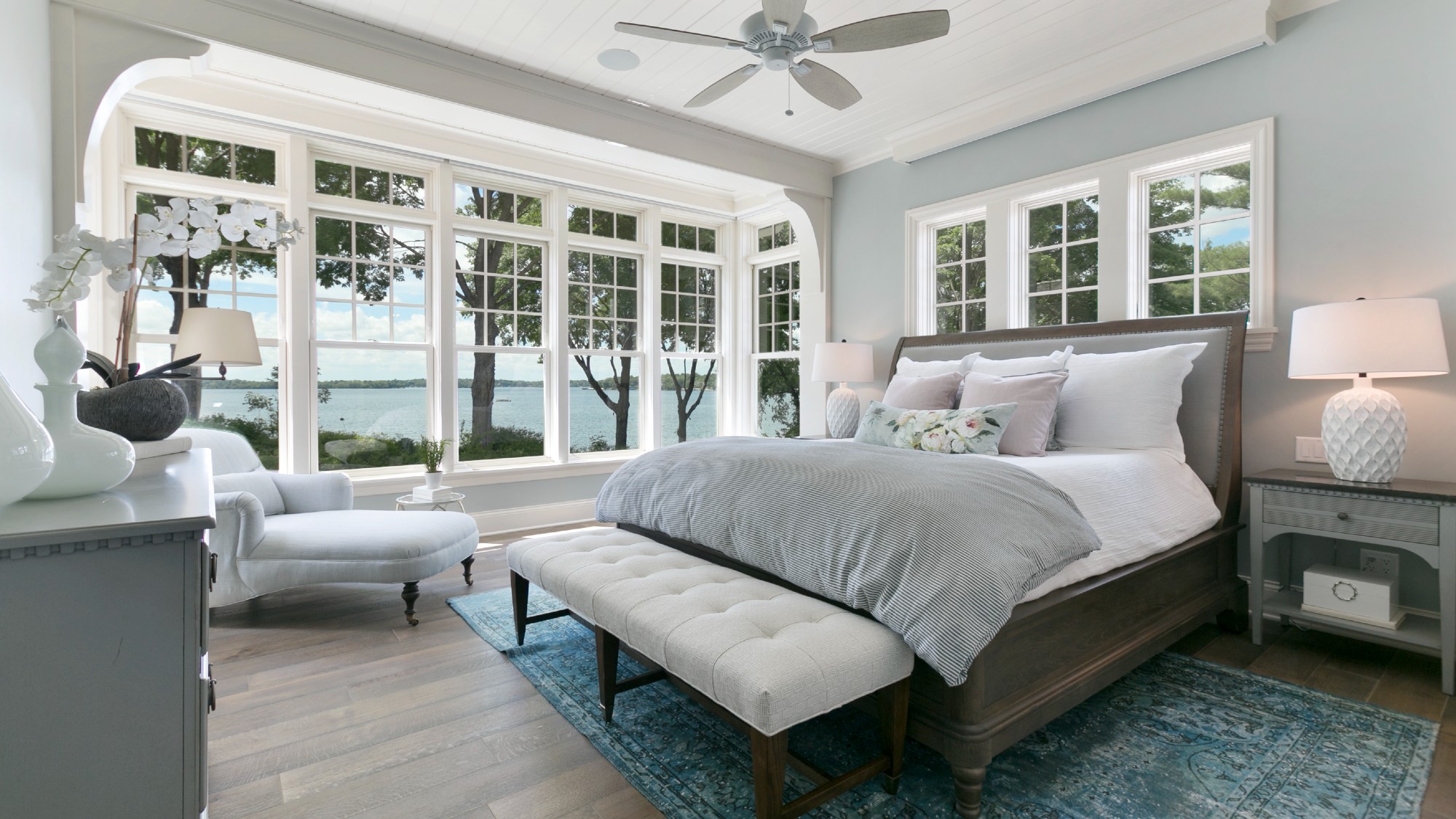 How to create your perfect bedscape
How to create your perfect bedscapeThe Week Recommends Nighttime is the right time to get excited about going to bed
-
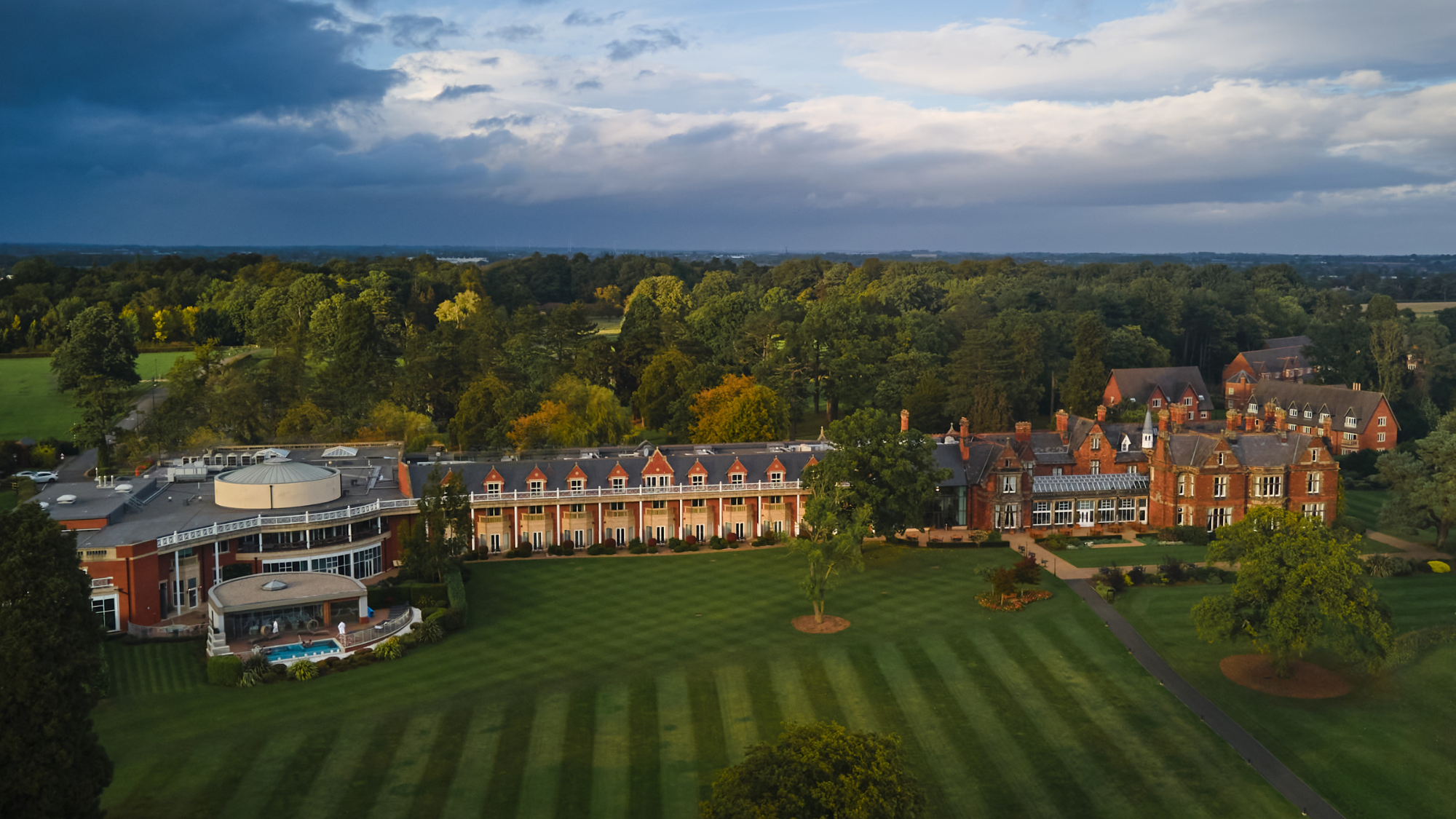 Rockliffe Hall's soothing sleep retreat
Rockliffe Hall's soothing sleep retreatThe Week Recommends From guided meditation to a calming massage, this spa break will have you nodding off in no time
-
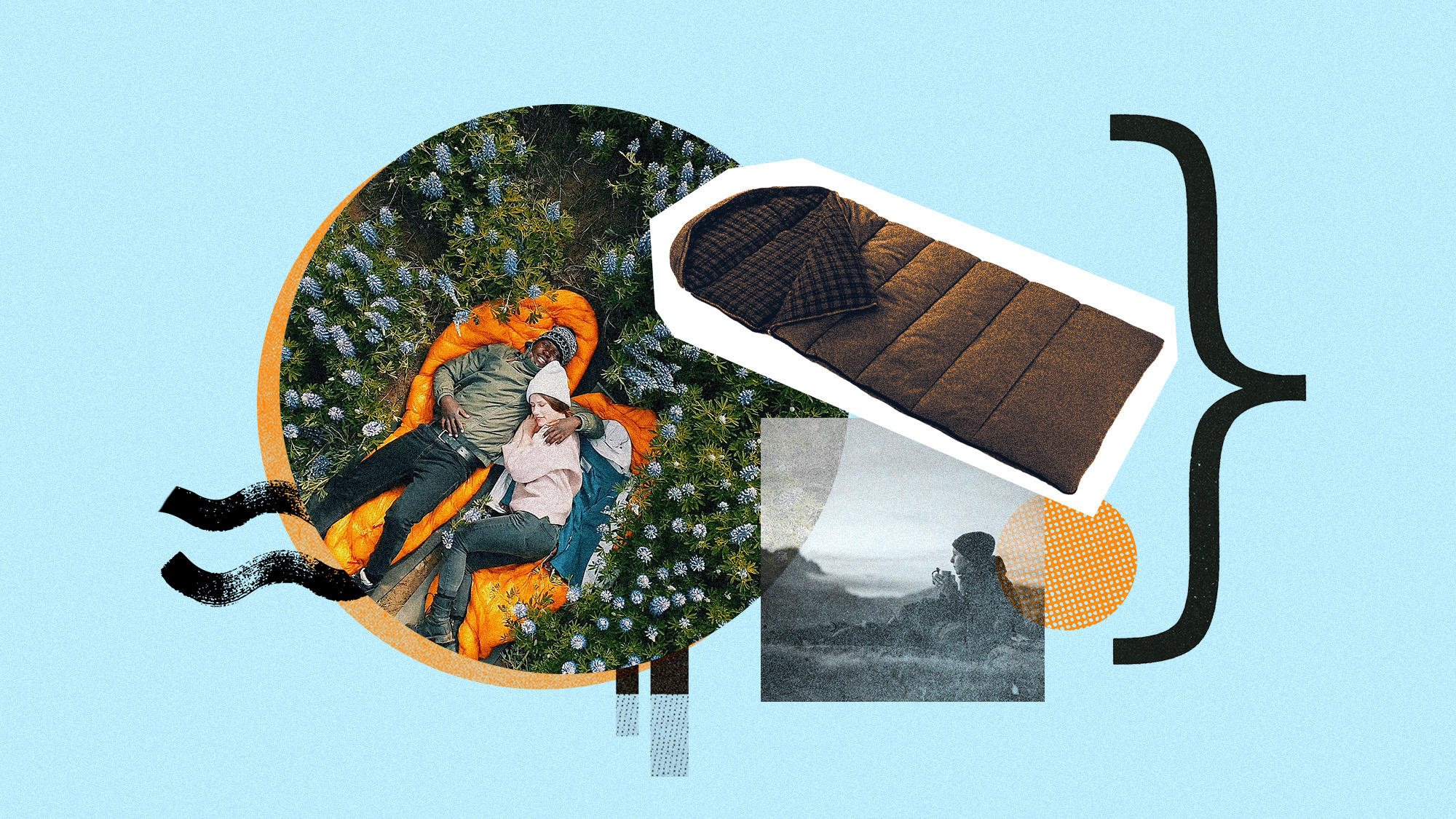 6 excellent sleeping bags for campers seeking comfort
6 excellent sleeping bags for campers seeking comfortThe Week Recommends Have sweet dreams in these snug bags
-
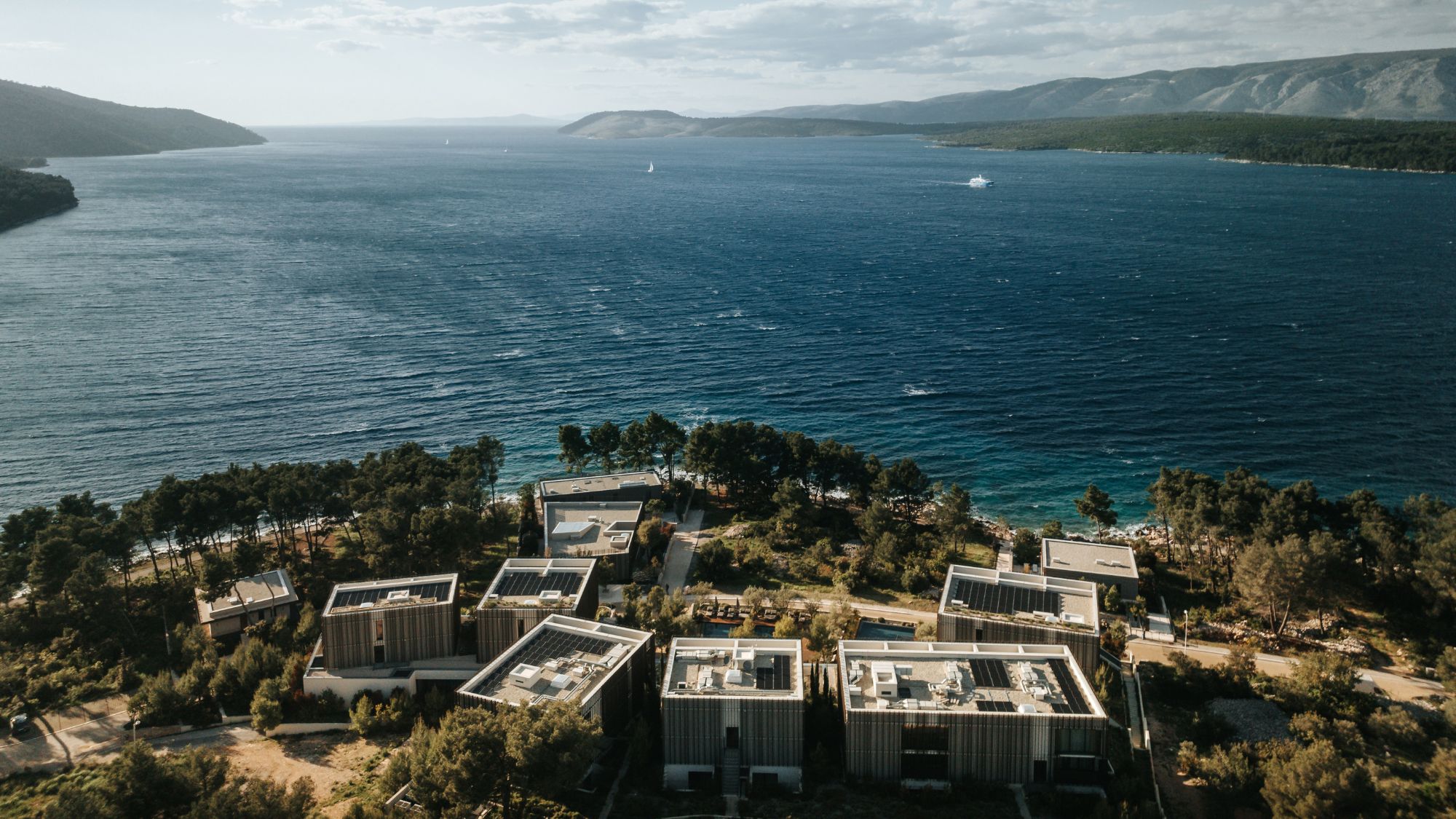 Maslina Lavender Sleep Retreat: restful relaxation inspired by the flower
Maslina Lavender Sleep Retreat: restful relaxation inspired by the flowerThe Week Recommends The perfect chance to truly unwind at this gorgeous hotel on the Croatian island of Hvar
-
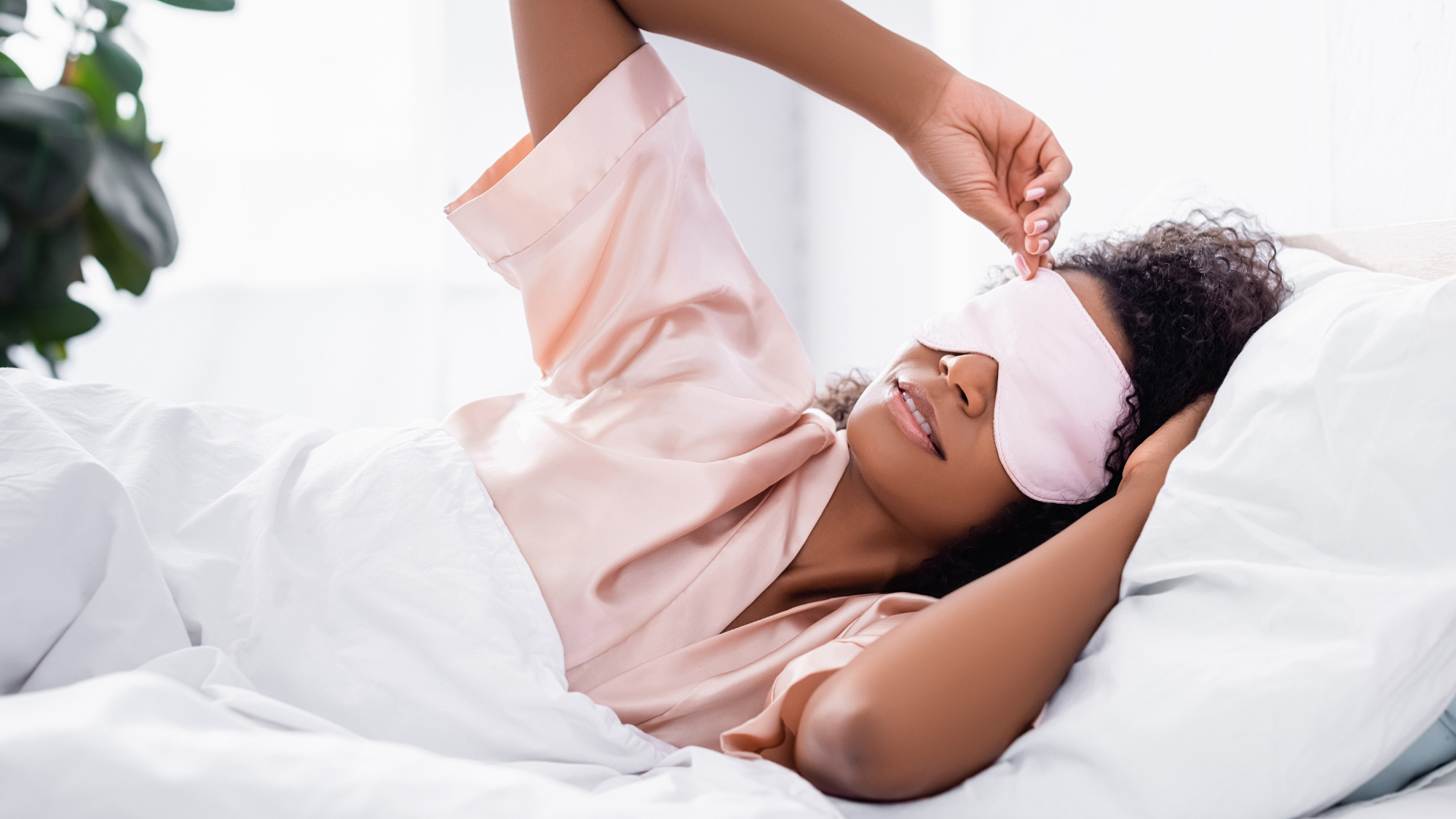 The UK's most relaxing sleep retreats
The UK's most relaxing sleep retreatsThe Week Recommends These carefully tailored overnight stays will have you snoozing in no time
-
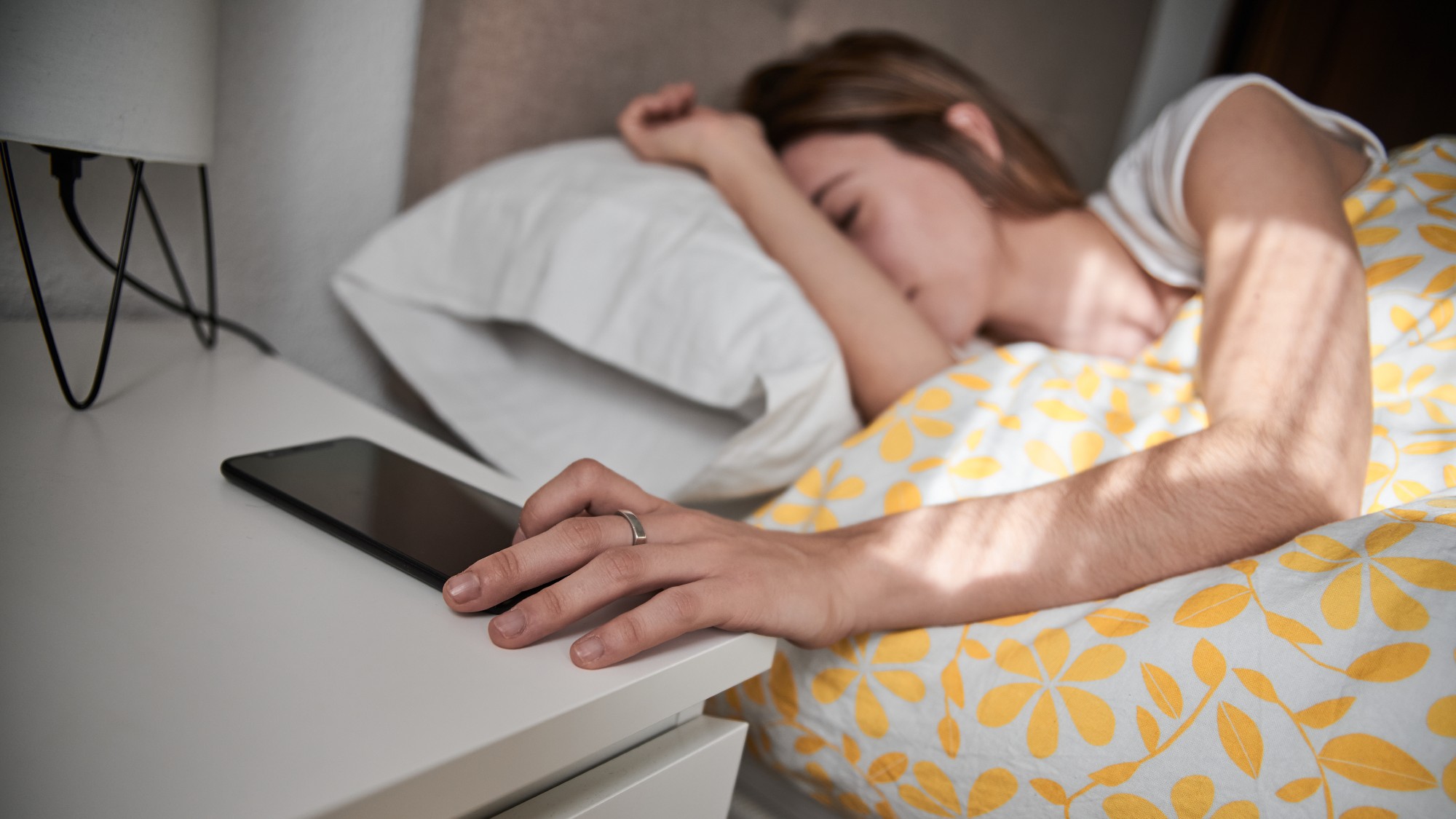 Cult of 5am: the pros and cons of early rising
Cult of 5am: the pros and cons of early risingPros and Cons Do early start routines help you win the day or just exhaust you?
-
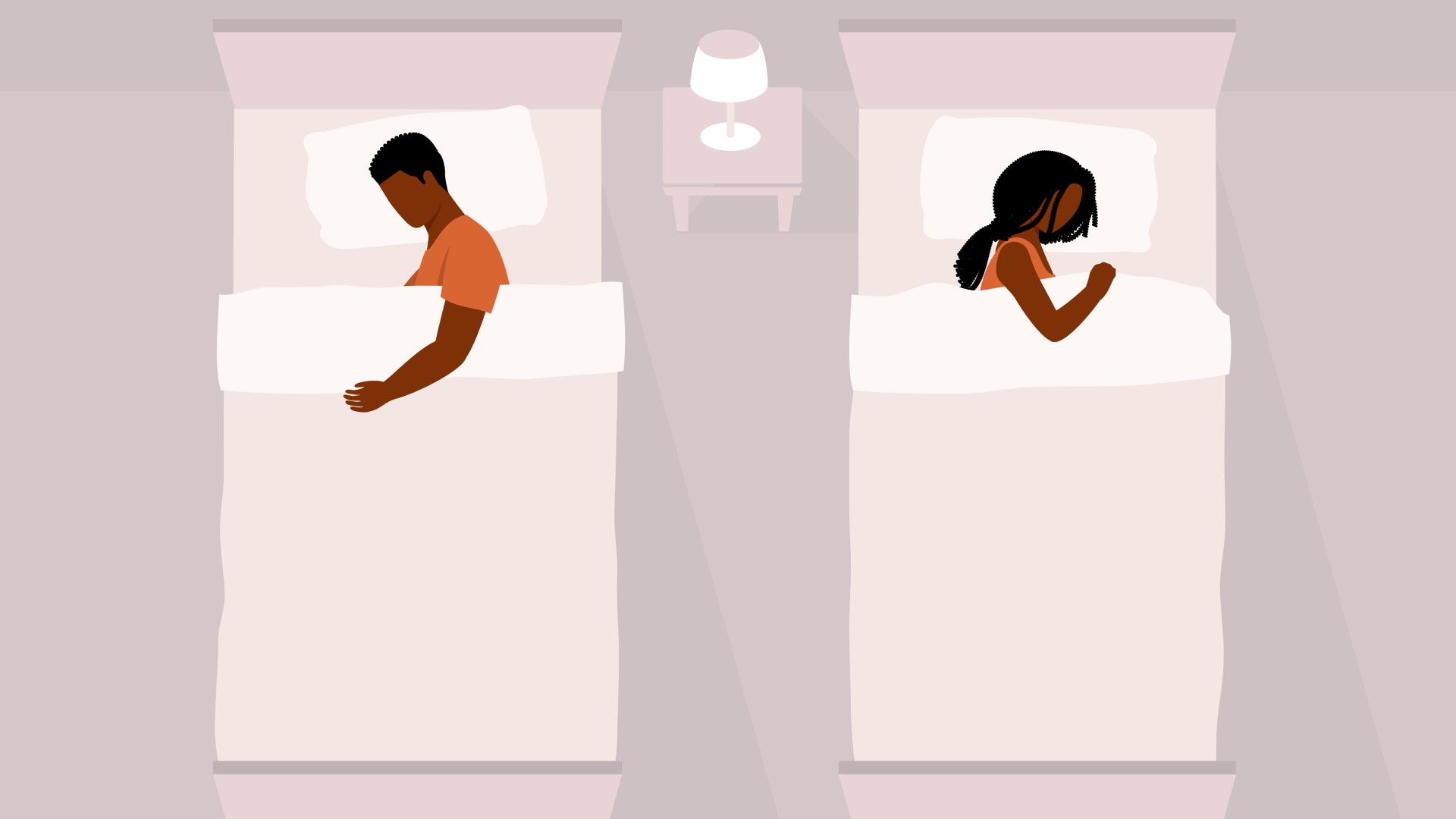 The sleep-divorce trend: Is sleeping apart better for married couples?
The sleep-divorce trend: Is sleeping apart better for married couples?In the Spotlight Couples are jumping into separate beds or bedrooms and say it is doing wonders for their marriage